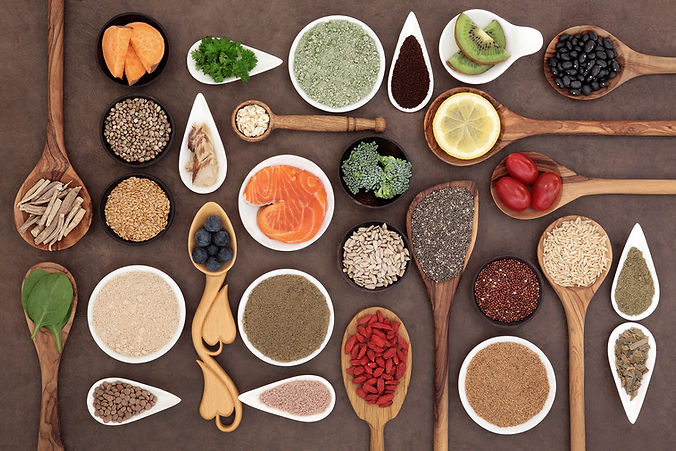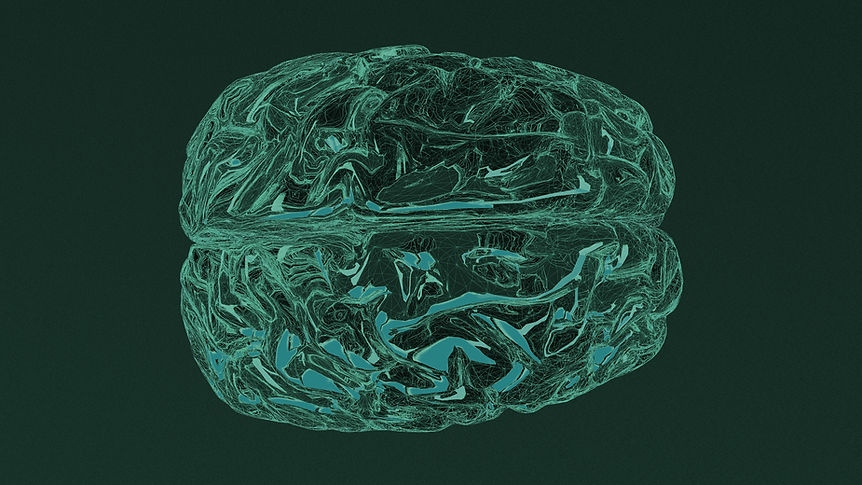

Welcome to the 21-Day Gut Health Challenge
Welcome to the 21-Day Gut Health Challenge Page! This challenge will focus on increasing your knowledge about IBS and gut health, while practicing strategies that improve digestion, reduce stress, and incorporate gut-friendly meals into your routine. Here, you'll find valuable tips, strategies, and resources that explain what gut health is, how it affects your overall well-being, and effective ways to manage and support a healthy gut.
Challenge Overview
Week 1
Plant Based and Probiotic Power
The focus is on increasing fiber, probiotics, and plant-based meals to optimize gut health. Engage in challenge activities that
Week 2
Stress Reduction, Body Scanning, and Movement
This week, you’ll add stress-reduction techniques and gentle movement to improve digestion.
Week 3
Gut and Mind Reset
This final week focuses on holistic practices to reset and rejuvenate both gut and brain health.

Nature's 25 Most Powerful Food to Improve Digestion & Heal a Leaky Gut
Download this workbook to learn more about Gut Health and digestion. Discover 25 powerful foods that are like superheroes for your digestive system! This guide will help you optimize gut health by boosting beneficial bacteria, reducing inflammation, healing leaky gut, and supporting digestion. Learn how these foods work their magic and get tips on easily incorporating them into your diet.
Understanding the Gut-Brain Connection
The gut and brain are deeply connected through the gut-brain axis, a communication network linking your digestive system with your central nervous system. This means that issues in the gut, such as inflammation from conditions like IBS or Colitis, can directly impact mental health, leading to symptoms like anxiety and depression.

Strategies To Improve Gut and Brain Health
Nutrition for Gut Health
-
Elimination Diet: Identifying food triggers (e.g., gluten, dairy, FODMAPs) that aggravate symptoms.
-
Probiotics and Prebiotics: Supporting gut health with foods that enhance beneficial gut bacteria (e.g., yogurt, kefir, garlic, onions).
-
Anti-Inflammatory Foods: Include turmeric, ginger, leafy greens, and fatty fish to reduce gut inflammation.
Physical Activity
-
Yoga and Walking: Gentle exercise helps to regulate bowel movements and reduce stress levels.
-
Stretching & Pilates: Can aid in digestion and relieve tension that might exacerbate gut discomfort.
Mindfulness and Stress Reduction
-
Deep Breathing & Meditation: These practices lower stress hormones that contribute to gut irritation.
-
Progressive Muscle Relaxation: Helps ease tension in the gut and reduce symptoms
-
Cognitive Behavioral Therapy (CBT): Proven effective for managing the brain-gut interaction in IBS patients.
Sleep and Hydration
-
Prioritize 7-9 hours of sleep each night to help the gut repair itself and maintain optimal digestion.
-
Water: Ensures proper digestion and reduces constipation, particularly for IBS sufferers
-
Supplements: Consider Omega-3, Vitamin D, and Magnesium to support both gut and brain function.






